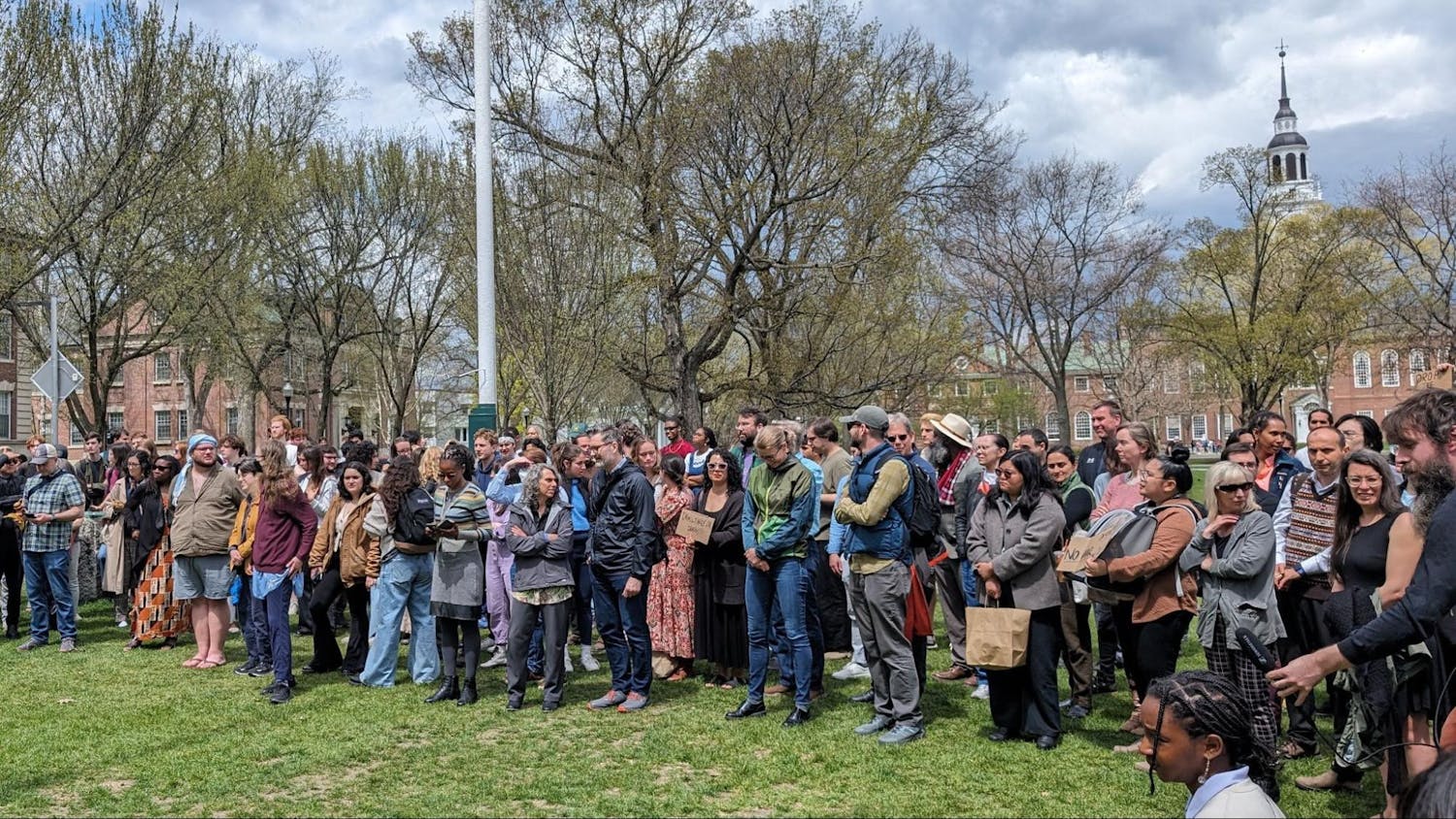Last year, Kayla Gebeck '12 decided that she wanted to go to Hawaii to study indigenous language revitalization, continuing research she had begun during her first terms at the College. With the help of the Occom Scholars Program, which helps freshman Native American students interested in pursuing Native American studies research, Gebeck was able to realize her vision, as representatives from the program helped her develop the idea, draft a proposal and apply for the necessary grants.
Students in the Occom Scholars program this year, however, will face additional hurdles: The College stopped funding the program following campus-wide budget cuts earlier this year.
The program, now completely student-run, continues to provide research project and internship guidance to 11 freshman Native American students, Gebeck, who now serves as an intern and mentor for the program, said.
Because the program no longer receives College funding for its own grants, however, these students will have to apply for grants from outside sources, which could include the Tucker Foundation, the John Sloan Dickey Center for International Understanding and the Undergraduate Research fund, Gebeck said.
This change will mean students will have to tailor their proposals to specific funding sources, Michael Hanitchak, the director of Dartmouth's Native American Program, told The Dartmouth.
The program has also pared down in other ways following the budget cuts: the position of program director was eliminated, and the program is now limited in its ability to bring speakers to the College or take the scholars on trips, Hanitchak said.
Despite these financial setbacks, however, Hanitchak said that the fundamental principles of the program remain intact.
Students, who must apply to join the program, begin formally developing research ideas during Winter term, and then draft research proposals in the spring. The scholars also meet weekly to discuss issues specific to national indigenous populations and Native American students at Dartmouth, Gebeck said.
This year, Gebeck said, all of the students who applied for the program were accepted.
The program was first developed in 2008, after prospective native students indicated they would be interested in studying Native American issues and using their education within the Native American community in their applications to the College, Hanitchak said.
"One of the historical notions in higher education is that you could be a good Indian or a good scholar," Hanitchak said. "Today, that's not the case."
Hanitchak said that the program is intended to help students "approach the academy from a native perspective."
Greg Buzzard '13, an Occom scholar, said he plans to study health care on reservations through the program.
The Cherokee Nation currently employs a single-payer system, which suffers from limited funding, Buzzard said.
Given the ongoing national health care debate, Buzzard said he hopes to investigate the effectiveness of this system and compare it to those on reservations around the country.
Buzzard said he is "a little concerned" about how budget cuts will affect his research plans, but noted that there are advantages to learning how to write a grant proposal.
"It's more realistic," he said. "In real life, funding is not going to just fall into your hands."
In addition to helping students secure research grants, the program also helps connect freshmen with upperclassmen mentors, who offer both academic and social guidance, according to Gebeck.
Buzzard said that the "shared culture" strengthens the mentor-mentee relationships.
"[The program is] trying to make sure that students feel comfortable at Dartmouth," he said. "[Native] people feel more comfortable talking to native students."



